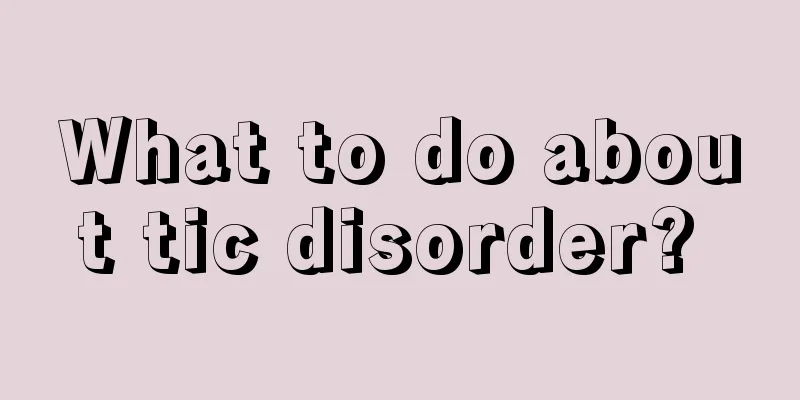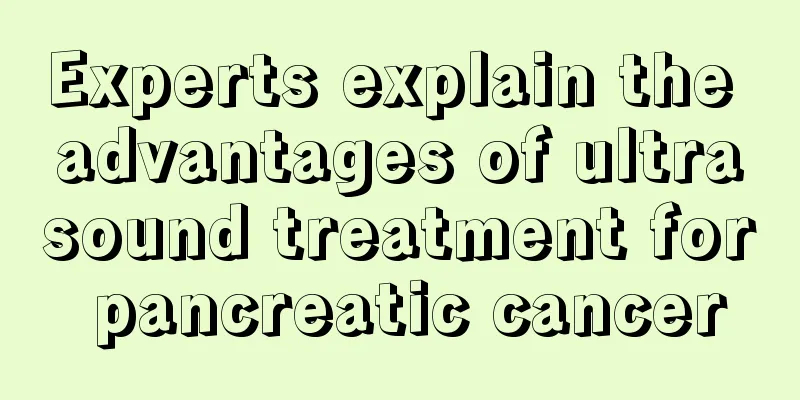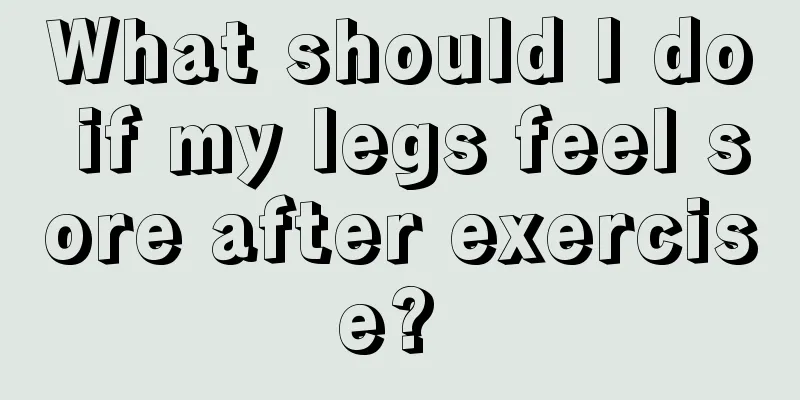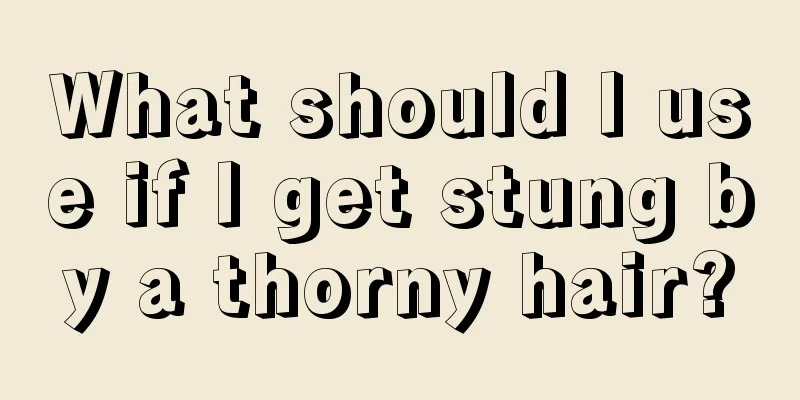What to do about tic disorder?

|
Many parents have found in their lives that when their children are quiet, their bodies often twitch involuntarily, and the symptoms of tics cannot be relieved. No matter whether they are beaten or scolded or educated, it is difficult to understand. This phenomenon should be considered. It is not because the child thinks it is fun and deliberately twitches, but a multiple tic disorder. Tic disorder is divided into two types, transient tic disorder and multiple tic disorder. Patients with transient tic disorder can be given appropriate medication and psychological counseling, and they can be corrected slowly. Multiple tic disorder can be considered a psychological problem, or a more serious neurological problem, which leads to a phenomenon. Different types of tic disorders have different prognoses and treatment principles. 1. Transient tic disorder The prognosis of this disease is generally good, and most cases can improve on their own. However, current research cannot tell us what kind of transient tic disorder will be alleviated in the future, and what kind of transient tic disorder will persist or gradually worsen. Generally speaking, no special treatment is required for patients with mild tic symptoms and little interference and damage. Pay attention to finding possible related physical or psychosocial factors and provide correct guidance. For the children, on the one hand, we should avoid excessive tension, fatigue and other heavy mental burdens; on the other hand, we should help them understand and accept the symptoms to reduce the shyness and anxiety caused by them; parents should also understand and accept the symptoms while paying attention to avoid aggravating the symptoms due to excessive attention. Patients whose tic symptoms are very frequent or whose tic patterns become increasingly complex and changeable may be given drug treatment. For specific drug administration methods, please refer to "Treatment of Multiple Tourette Disorders". 2. Chronic motor or vocal tic disorders This disease generally does not require special treatment, especially for those symptoms that have been persistent and have become a habit, such as clearing the throat or blinking in adults, and have no impact on daily life, study or work. Generally, no medication is needed. (III) Multiple tic disorder, namely Tourette syndrome or Tourette syndrome The course of this disease is slowly progressive, with symptoms fluctuating and new symptoms replacing old ones. In the early stages of the disease, a small number of children may experience temporary spontaneous remission. Robertson (1994) believed that during adolescence, TS symptoms become increasingly unpredictable and estimated that 30-40% of tics would be relieved by late adolescence. The severity of symptoms varies. Mild cases may go unnoticed and the child can go to school as usual. Severe cases may interfere with daily life and study, especially when accompanied by behavioral symptoms such as attention deficit hyperactivity disorder, compulsion and other behavioral disorders. Treatment requires a combination of drug therapy and psychological and behavioral therapy. |
<<: What are the methods for ripening bananas?
>>: What are the functions of bread improvers?
Recommend
A brief analysis of some causes of prostate cancer
Prostate cancer, as a common tumor disease, will ...
What's wrong with nausea and diarrhea
Nausea and diarrhea are two symptoms that are rea...
Can stage 3 breast cancer be cured
Nowadays, the incidence of breast cancer is getti...
How much does it cost to treat tongue cancer in the early stage
How much does it cost to treat tongue cancer in t...
What to do if the room is dry in autumn
In autumn, the temperature is relatively low and ...
What is the reason for cracked soles
Cracks on the soles of the feet are usually cause...
What are the functions of active peptides
I'm sure not everyone is very familiar with a...
How to treat itchy hands after handling yam
Many people love to eat yam. Yam is delicious whe...
How to effectively treat blood arteries
Blood arteries are the blood flowing in the large...
What are the early symptoms of childhood bone cancer
The appearance of bone cancer is painful for many...
Can walnuts and yogurt be eaten together
Yogurt is rich in calcium, probiotics and a varie...
Things to note when self-examining breast cancer
Breast self-examination can help with early detec...
Can I eat fried chicken when I have a cold
Although a cold seems to be a minor illness in th...
What is the reason for occasional bedwetting at the age of 20?
It is very common for children to wet the bed, bu...
What colors go with mustard yellow
Some men and women pay special attention to the c...









